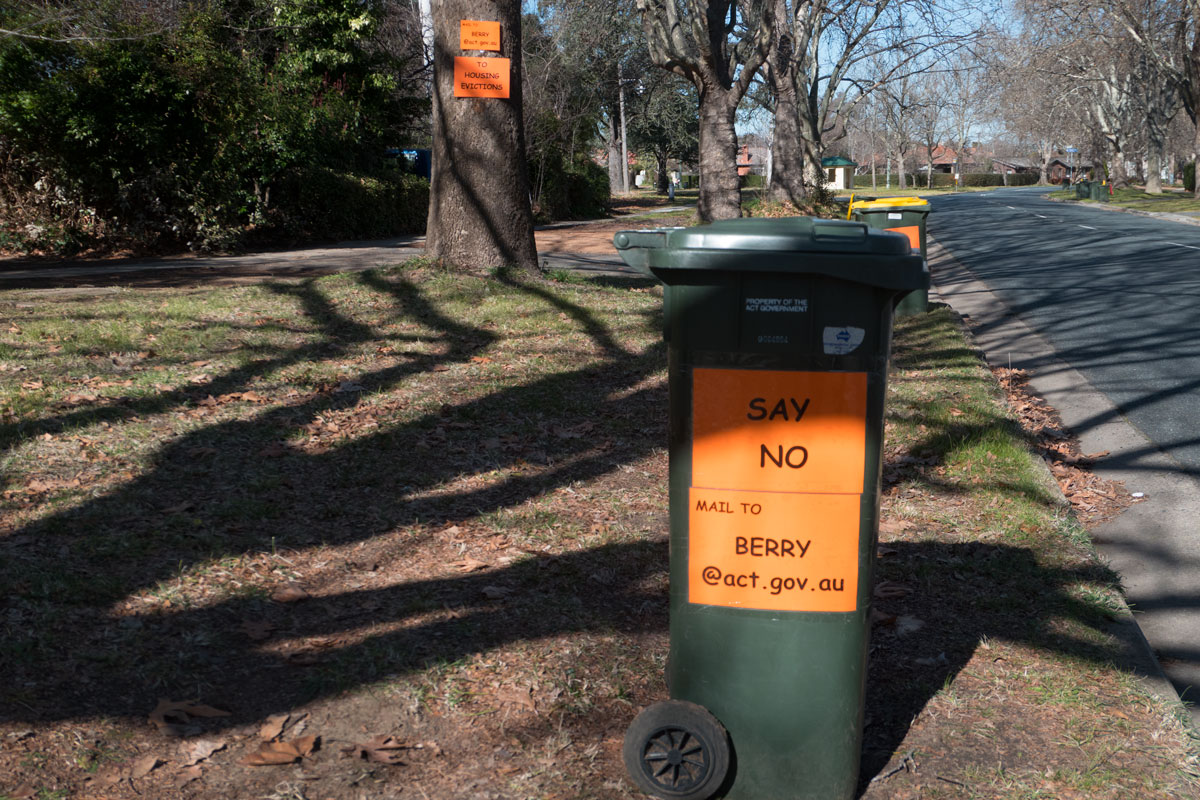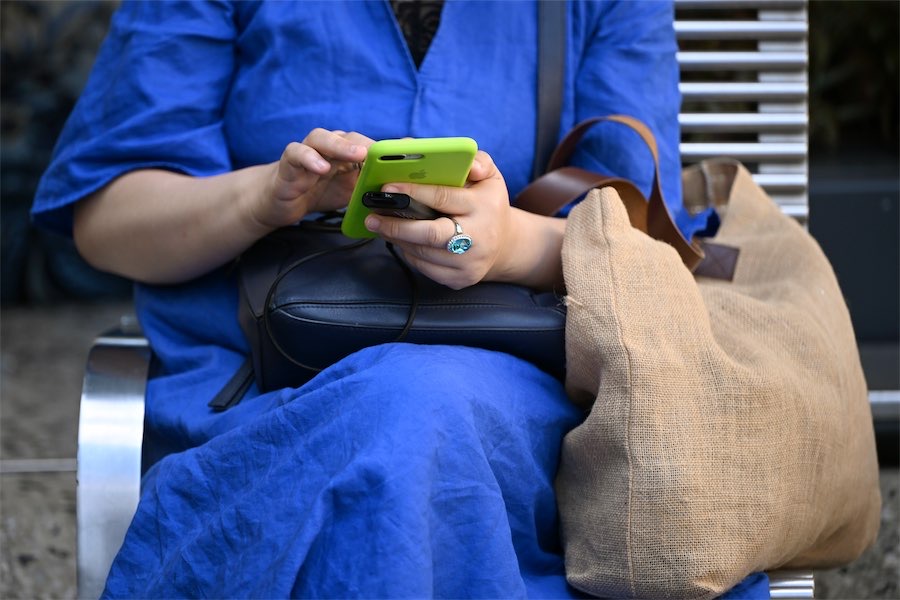
LEGAL action on behalf of public-housing tenants facing eviction by the ACT government will begin on Friday (November 11) with a directions hearing in the ACT Supreme Court.
In February, 340 social-housing tenants – including elderly people, people with disability and people with chronic health issues – received letters from Housing ACT saying they would have to move from their homes as part of the territory government’s “Growth and Renewal” program.
The ACT Council of Social Service (ACTCOSS) criticised the housing department’s heavy handed approach to the relocation of some of its oldest and most vulnerable tenants.
The three tenants are all women, two of whom are over 70 years of age, and one of whom is an Aboriginal person. They have all lived, for decades, in the homes they currently occupy and from which they are facing eviction by the ACT government .
Each of them claim to have received representations at the time they first took up residency in their home that it would be their “forever home” or “home for life” and that they will “never have to move again” or undertakings to that effect.
The application lodged by legal firm Ken Cush and Associates on behalf of the three plaintiffs seeks:
- To the extent necessary, an order extending the time by which the plaintiffs may bring the proceedings against the government and its officials.
- A declaration pursuant to s 40C (4) of the Human Rights Act 2004 that the defendants ( i.e. the ACT government) have breached the plaintiffs’ human rights under s 10(1) (b), 12(a) or 13 of the Human Rights Act 2004.
- An order pursuant to 40C (4) of the Human Rights Act 2004 that the ACT government not take any steps to remove the plaintiffs from their homes and
- Further and in the alternative to the orders above an order in the nature of a writ of certiorari to quash the decisions made by the ACT government and its officials related to the attempted eviction of the plaintiffs from their homes.
The rights under the Human Rights Act 2004, which each of the plaintiffs allege are being denied them by the ACT government, include:
- To not have her privacy, family or home interfered with unlawfully or arbitrarily;
- To freedom of movement including the freedom to choose her own residence in the ACT;
- To freedom from degrading treatment.
The proceedings outlined above have been listed for a directions hearing in the Supreme Court of the ACT this coming Friday, 11 November 2022.
In echoing support for the action Julie Tongs, CEO of Winnunga Nimmityjah Aboriginal Health and Community Services, said that while she was heartened by the generosity and commitment of Ken Cush and Associates in its support of among the most vulnerable people in the community, she remained shocked to her core that the ACT government apparently had no qualms about treating people in this way.
She also applauded the network of community organisations led by ACTCOSS and Canberra Community Law who have rallied, “fearlessly”, to support the mainly elderly, and in many instances extremely vulnerable, women who are the principal targets of the ACT Government’s heartless program of forced evictions.
She said that while only three of the 340 households currently facing eviction were represented in this case she, hoped it would result in the ACT government doing the right thing and “abandoning this cruel charade”.
Who can be trusted?
In a world of spin and confusion, there’s never been a more important time to support independent journalism in Canberra.
If you trust our work online and want to enforce the power of independent voices, I invite you to make a small contribution.
Every dollar of support is invested back into our journalism to help keep citynews.com.au strong and free.
Thank you,
Ian Meikle, editor





Leave a Reply